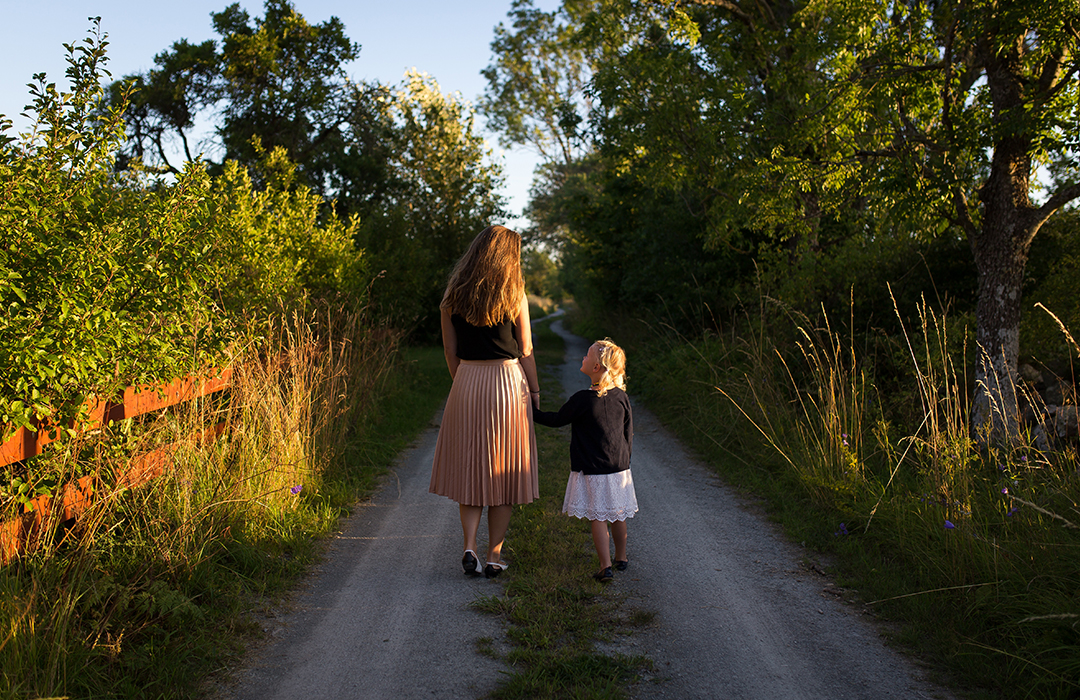
- Kids and teens are more susceptible to mental health problems because their brains are still developing.
- It’s important that they’re shown continuous love and support as they change physically, mentally, and emotionally.
- When parents divorce, this balance of love and support can get thrown off and negatively impact the kids.
- Make sure this adjustment period is easier on your child by first assuring them that they are not cause for the divorce.
- Also, do your best to co-parent: communicate about your child’s wellbeing, and continue to model what a healthy relationship looks like.
- Finally, prioritize your child’s wellbeing—do whatever it takes to put your differences aside so you can continue to offer the love and support your child needs.
The Implications of Divorce: Your Child’s Wellbeing Might Be at Risk
One major reason children and adolescents are more susceptible to mental health issues is that they’re still developing. Their brains are evolving, and they themselves are still growing—physically, mentally, and emotionally. And throughout this developmental period, they need some love and support—of which is often provided by the parents. So, naturally, when divorce is thrown into the mix, the children suffer in more ways than one. “Their sense of safety and security is suddenly compromised. Children may not have the support that they require because parents may be preoccupied with their situation,” Beth Sonnenberg, licensed clinical social worker, explains. “If only one parent is in the home, they might be overwhelmed and not provide enough attention to their kids. All of these factors may cause children to feel more insecure than they were previously and can cause behavior changes like acting out to get negative attention or withdrawing from their peers.”
That said, children aren’t always negatively impacted when their parents separate. It has much to do with how their parents go about the divorce, how they talk with their children about the separation, and whether or not they continue to provide their children with the support they need—especially in the midst of this difficult change.
Make This Adjustment Easier on Your Child: 3 Keys
It’s often hard for a kid or teen to wrap their head around the idea of their parents divorcing. And even in cases where they saw the separation coming, or never witnessed a loving relationship between their parents, moving forward amidst this change is difficult—it alters life as they knew it. The good news is that parents can make this time easier on their kids. The key is showing their kids that they’re still loved and getting along as co-parents despite the split, as explained by Sonnenberg:
“Divorcing parents can help their children during this difficult time by having positive communication amongst everyone. Parents should be able to talk or text each other regularly to keep one another on top of what’s going on with their children so their child can continue to feel their support. Parents that stop speaking to one another, have secrets, or speak badly of one another, are letting their emotions affect their child’s life in a negative way. They both need to put their child’s needs first to minimize the emotional damage a divorce can create.”
Let’s break this down further. If you and your spouse have decided to separate, prioritize the following to ensure that your child’s mental health doesn’t become collateral damage:
1. Remind your kids that they are loved, and they are not the problem.
Often, kids think something they did is to blame for the divorce. Assure them that this is not the case, and that no matter what, they are loved by both of their parents. Explain this to them, but also show it to be true. Whenever and wherever you can, display your love and interest in your child.
2. Get along as best you can as co-parents.
You might have decided to end your romantic relationship, but you’re still important to one another—because you’re both important to your child. So, get along as best you can, at least as co-parents. This might prove difficult for some, but if you both acknowledge the importance of doing so, you’ll quickly learn how to interact best.
3. Put your child’s needs first.
Finally, no matter what, you should put your child’s needs first. Put all of your differences aside to support your child and do what is best for them. While you might not love each other the way you used to, you created a beautiful child together and that will bond you for life. Remember this if you need some extra motivation to stay strong and prioritize your child.
Let’s keep in touch! Sign up to receive our newsletter:
Start a Relationship with An Exceptional Counselor
- Skilled and caring professional counselors
- Accepting all major and most insurances
- High-touch customer service & premium benefits
- Same- or next-day appointments
- Ultra-flexible 23.5hr cancellations














